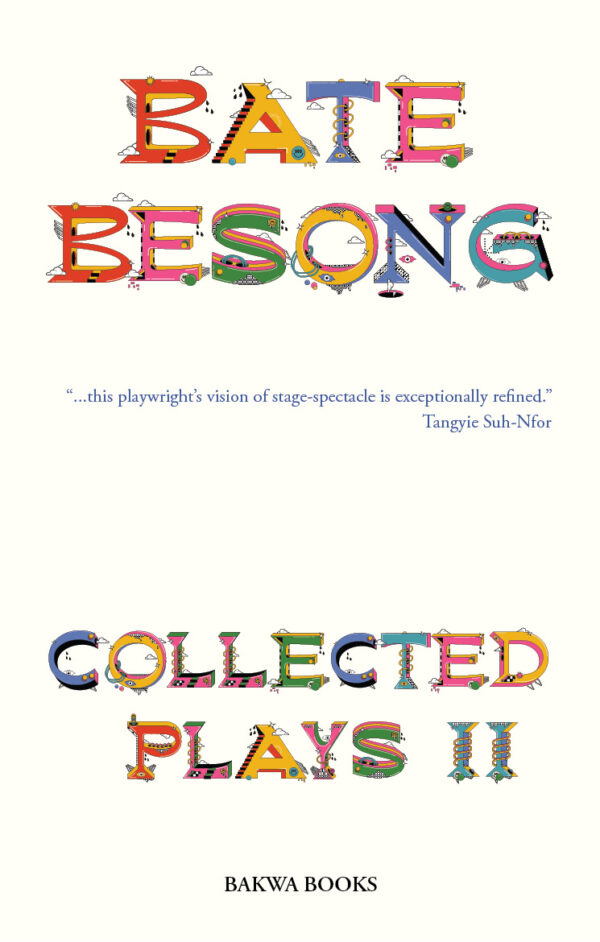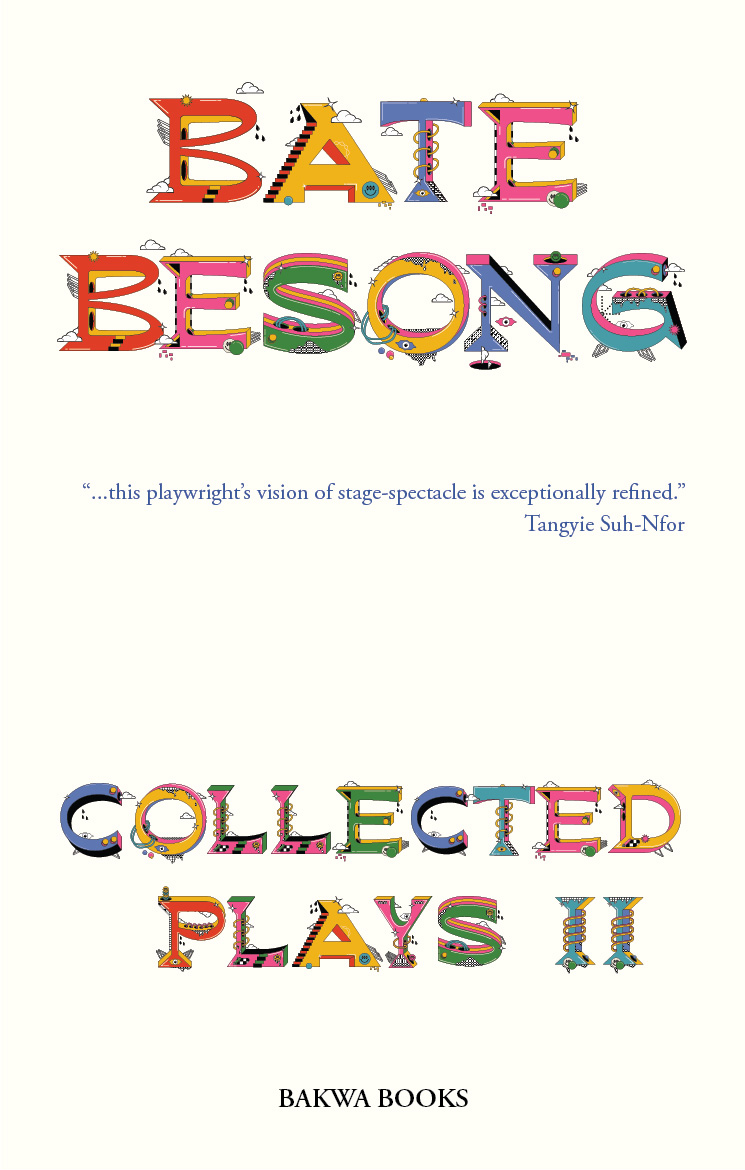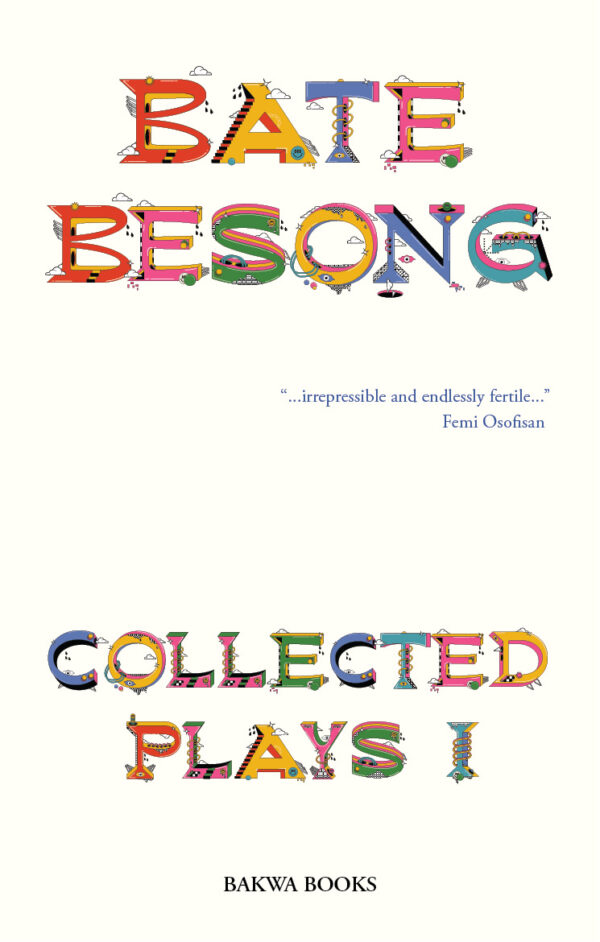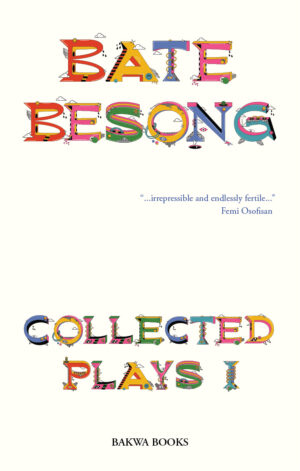Bate Besong has long been considered one of Cameroon’s most talented and misunderstood playwrights. His work questions collective identities, unearthing suppressed narratives and re-examining the past and present. Once Upon Great Lepers explores various divergences through grotesque images, songs and metaphors. In The Banquet, the ideologies of both historical and contemporary figures are a springboard for an examination of the past and present. Change Waka & His Man Sawa Boy is an ironic celebration of evil in human nature and a most impactful critique of contemporary society, grounded in irrational darkness.
Cover by Yash Pradhan
PRAISE FOR BATE BESONG
“Bate Besong’s play is spiced by a wry, absurdist humour…and deals with the kind of derision produced by acts of deification, exhibitions of political conceit and insincere hallelujas chanted by the exploited masses.”
Sam-Nuvalla Fonkem
Bate Besong’s plays can hardly fit within any given known form of dramatic literature. His plots are akin to Samuel Beckett’s underscoring the inanity of human existence. He provides us with an admixture of the realistic, the historical, the tragic, the comic, all of this underlying a particular political ideology.
S.A. Ambanasom
“…plays like Once Upon Great Lepers and Beasts of No Nation make a piece like Soyinka’s celebrated onslaught on tyranny, A Play of Giants, seem quite genteel by comparison…recommended for all libraries with a serious interest in African and contemporary theatre.”
Chris Dunton
Long before Yaounde had its severe garbage problem, Bate Besong in Beasts reduced the capital of Cameroon to a ‘shit’ bucket inhabited by ‘beasts’ and nightsoilmen… he has the rare quality of using unsettling images.”
Nalova Lyonga
“…the plays… are extremely rich in their multiple layers of complexity, thoughtfulness and in their overall fabric…”
Emmanuel Yewah
“…irrepressible and endlessly fertile…”
Femi Osofisan
“…the prophet is back in grand Soyinkaeque…”
Keba Joe Yih
“…this playwright’s vision of stage-spectacle is exceptionally refined.”
Tangyie Suh-Nfor





